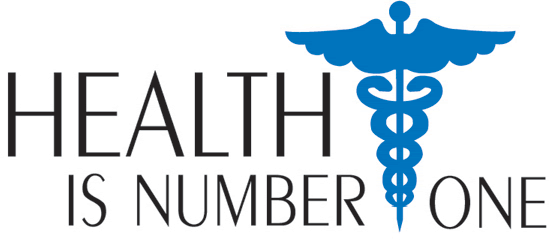Health Library ~ Family Medicine in Mullica Hill, NJ
All Material copyright Craig M. Wax, DO unless otherwise denoted.
Loss Of A Loved One, Grieving Will Help
Every one of us has experienced the loss of a loved one. Sometimes death occurs suddenly, as the result of an accident. While other times, it takes place over a long period of time due to chronic illness or aging. Either way, there are few things more emotionally painful than losing a loved one.
When a death occurs, family and friends are immediately bombarded with an array of emotions and a number of unfinished matters. They suddenly feel helpless and overwhelmed, and are left with a sense of loss and grief. Although these feelings are painful and emotionally draining, they are actually healthy and normal responses. Grieving the loss of a loved one is a painful process, but it is the mind and body's way of accepting the loss. It is necessary for friends and family to vent and release their emotions in order to move on with their lives. It is when a person tries to cover-up or ignore their grief that the loss ultimately causes more pain and suffering then it needs to.
In order to avoid causing yourself additional pain, during an already difficult time, try to steer clear of actions that mask, or attempt to avoid resolving your grief. These actions may include avoiding your emotions, indulging yourself in needless activities until the point of exhaustion, using alcohol or other drugs in an attempt to feel better, and acting resentful to those who try to help. These activities attempt to deny reality during a time when it is necessary to face your emotions, and move forward towards a life without your loved one.
It is healthy to cry, and express feelings of anger and unfairness if you need to. Don't be afraid to ask friends and family for support. They can listen to you while you share your emotions. In addition, they can help you with the many unfinished matters that the deceased has left behind. Focus on what you were able to do for the deceased instead of what you "should have done" or "could have done". Lastly, allow yourself some quiet time, alone, to think about moving toward an equilibrium, a transition from who you were before the loss to who you will be after the grieving process. Don't forget that there are a variety of people in your own community who are willing to help. Members of your clergy, volunteers and workers at crisis management centers, and members of support groups can all offer encouragement and support.
If social and community support systems aren't meeting your needs, then a visit to your family doctor would be in order. This may be needed when the grieving process appears to take longer than expected or is having an adverse affect on your way of life. Your physician will then evaluate your symptoms and work with you to decide on the best course of action for you. This could be medication, additional tests, counseling, referral or acombination of all these.
While grieving, you may also be asking yourself, "How long am I supposed to feel like this?" or "When does it become too long?" The grieving process takes different lengths of time for each of us, but you can expect the emotions of sorrow, anger, resentment and loneliness to last for a few weeks or months. While these feelings may be present for a few months after the loss, they should begin to decline after the first few weeks. It is when these and other emotions block you from performing your daily routines for a prolonged length of time that they become unhealthy. It is perfectly normal to experience deep sorrow, but the inability to sleep, work, or carry on a conversation without crying suggests that you should seek help.
Although it is important to seek support, release your emotions, and come to accept life without the person you've lost, be careful not to rush yourself through the process. Like denying the situation, rushing it will also prolong the suffering that accompanies losing a loved one. Every person responds at a different pace depending on the relationship they had with the deceased, and the suddenness of death. If the person who has passed away was your spouse, accepting the loss and looking to the future will take longer than accepting the loss of someone more distant to you.
It is also important to remember that the symptoms of a normal grieving process may reoccur (but to a lesser degree) especially on birthdays, anniversaries, holidays and special occasions. This may also happen when visiting a place that reminds us of our loved one.
Whether you are grieving over your spouse, a family member, or a friend, releasing your emotions and avoiding activities that deny the situation will help to alleviate additional and unnecessary pain. As a result, you can look forward to a healthy and active lifestyle, even after you have lost someone close.
Please remember this when you are dealing with friends who have recently lost a loved one. It is OK to talk to them about their loss. Yes, it may be painful to be reminded in a callus way, but a loving reminder allows your friend to verbalize his or her feelings and talk about their loss. Most people feel better talking about their loved one. Avoiding any mention of the person will make things worse.
|





